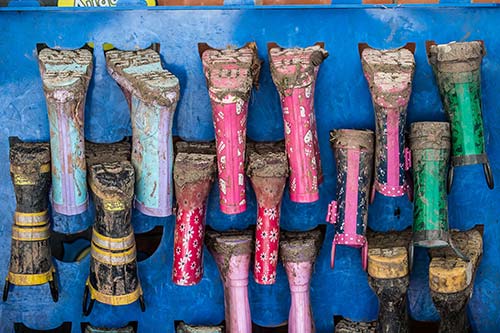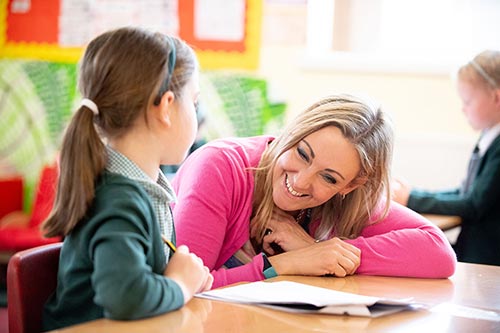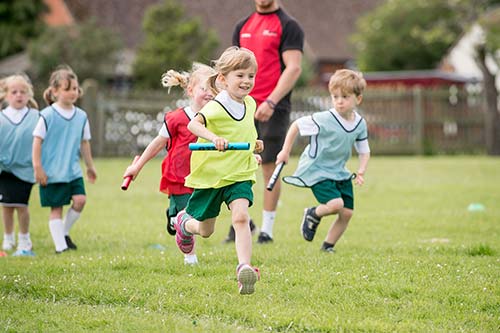FEDERATION CURRICULUM STATEMENT FOR
SCIENCE
|
INTENT |
|
We believe science should inspire children’s curiosity and interest to explore natural phenomena and the processes at work within the world; it is our intent to instil a lifelong love of science within our pupils. Science is, by nature, an investigative subject, and our curriculum is carefully designed to develop an understanding of the natural world through a carefully sequenced progression of knowledge acquisition and skill development. As scientists, the children explore the different disciplines of science: biology, chemistry and physics and develop their ability to work scientifically. This includes the 6 strands as set out in the NC: asking questions, making predictions, setting up tests, observing and measuring, recording data, interpreting and communicating results and evaluating. |
|
IMPLEMENTATION |
|
Science is taught throughout KS1 and KS2 as a discrete subject. Where possible, we enrich the learning though visits out of school or by inviting key guests in to speak to the children. Children’s science capital is developed through learning about scientists who are specialist in the field of study relating to the topic being taught. Each area of the National Curriculum is covered in a carefully planned curriculum based on “Developing Experts”, a scheme of work which develops the scientist’s skills and knowledge progressively and sequentially. The skills and knowledge are progressively developed over a rolling programme of study. Each aspect of science investigated enables different skills and knowledge to be assessed. This may be done through other areas of the curriculum (such as English and maths) or through low stake quizzes which check children’s understanding of scientific terminology and practical skills. At the end of each topic the teacher will make a summative judgement about the attainment of each child recording whether they have met of have not met the topic objectives.
The learning in EYFS supports the NC by capitalising on children’s thrill of discovery and their instinctive desire to know, understand and find out more by:
We use planned themes and capitalise on unplanned moments that present themselves to talk about living things, materials and changes.
|
|
IMPACT |
|
Children’s knowledge and skills develop progressively as they move through the school and are assessed and reported to parents in the end of year report. It is important that our curriculum not only to enables children to meet the requirements of the National Curriculum, but prepares them to become competent scientists ready for the curriculum at Key Stage 3. Furthermore, we aim to equip children with skills and values that can be applied more universally that will help prepare them for life as an adult in the wider world. Outcomes in science, topic English and maths books, displays and photographs will evidence a broad and balanced science curriculum, and demonstrate the children’s acquisition of identified key knowledge.
|




